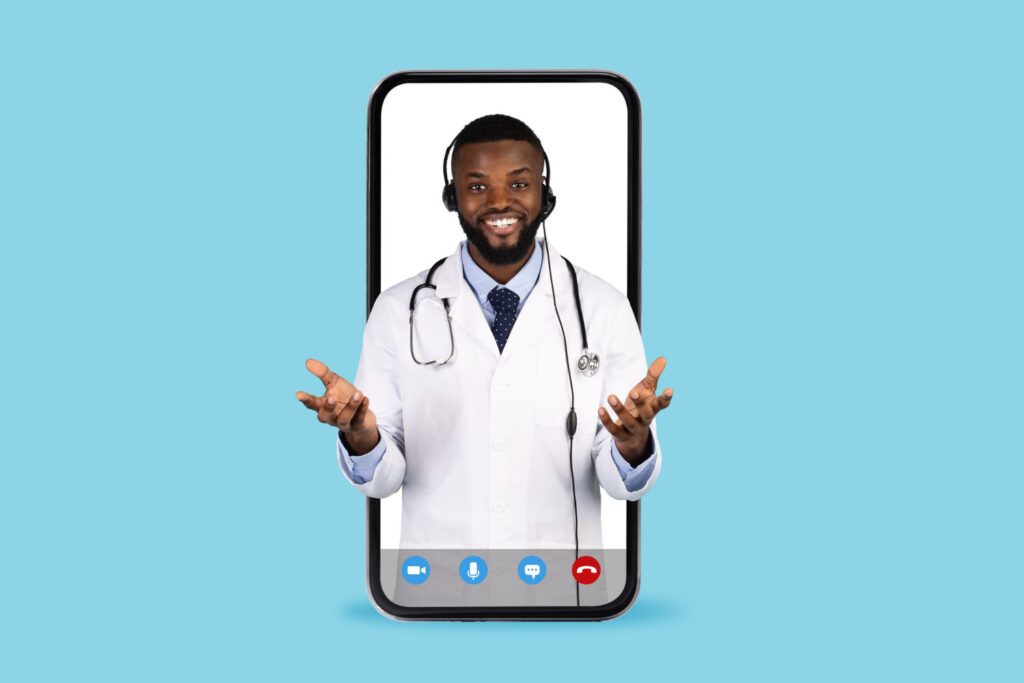Patient rights: 5 reasons why you should get a second opinion
Patient rights do not only leave people aware that doctors are not immune to mistakes. It allows them to take action. These mistakes may arise from the nature of said doctors. Some doctors are more conservative while others tend to be more aggressive. So their diagnoses and recommendations can differ dramatically. For this reason, more and more patients are getting second opinions after a diagnosis.
A 2017 study conducted by the Mayo Clinic of 286 patients found that about 88% of patients looking for a second opinion will leave the office with a new or refined diagnosis. Meanwhile, 21% of the people will leave with a “distinctly different” diagnosis. Conversely, the study, which was published in 2017 in the “Journal of Evaluation in Clinical Practice”, discovered that 12% of patients will learn that the original diagnosis was correct. This means that one out of every five patients they saw was incorrectly diagnosed.
5 reasons why you should get a second opinion
Although you do not need a reason to get a second opinion, per patient rights, there are cases when seeking it may be the best course of action. The key is to keep digging until the diagnosis and treatment make sense to you:
- If you have received treatment but your symptoms persist. No one knows your body better than you do. And if your symptoms persist even after treatment, it may be time to seek the advice of different doctors and specialists.
- If you are diagnosed with a rare disease. It is important to do your research because there is insufficient information available regarding rare diseases and disorders. Therefore, raising the risk of misdiagnosis. Look for doctors and specialists who have treated your disorder and get their opinion. This will assure you of getting the best treatment possible for your condition.
- If the advised treatment is risky, involves surgery, is invasive, or has lasting effects. Some people feel that if a doctor suggests a procedure, they have to agree to it. Yet, it is not wise to agree to surgery or other invasive procedures without weighing your options. Being proactive and collecting more information will give you greater control over your treatment in the end.
- If you are diagnosed with cancer. Having input from another expert makes sense when diagnosed with something as grave as cancer. Because a cancer diagnosis is a confusing, overwhelming, and life-changing event, therefore, it is important to be as informed as possible about your prognosis and the possible treatment options available to you.
- If your gut feeling tells you something is off. If you are not comfortable with the diagnosis or the recommended treatment, by all means, get a second opinion. You should never agree to a procedure or treatment plan when you are unhappy about it. Trust your gut feeling and collect more information.
DiagnoStar Health gives you easy access to second opinions on diagnoses and prescriptions. Speak with a health provider today for assistance.

